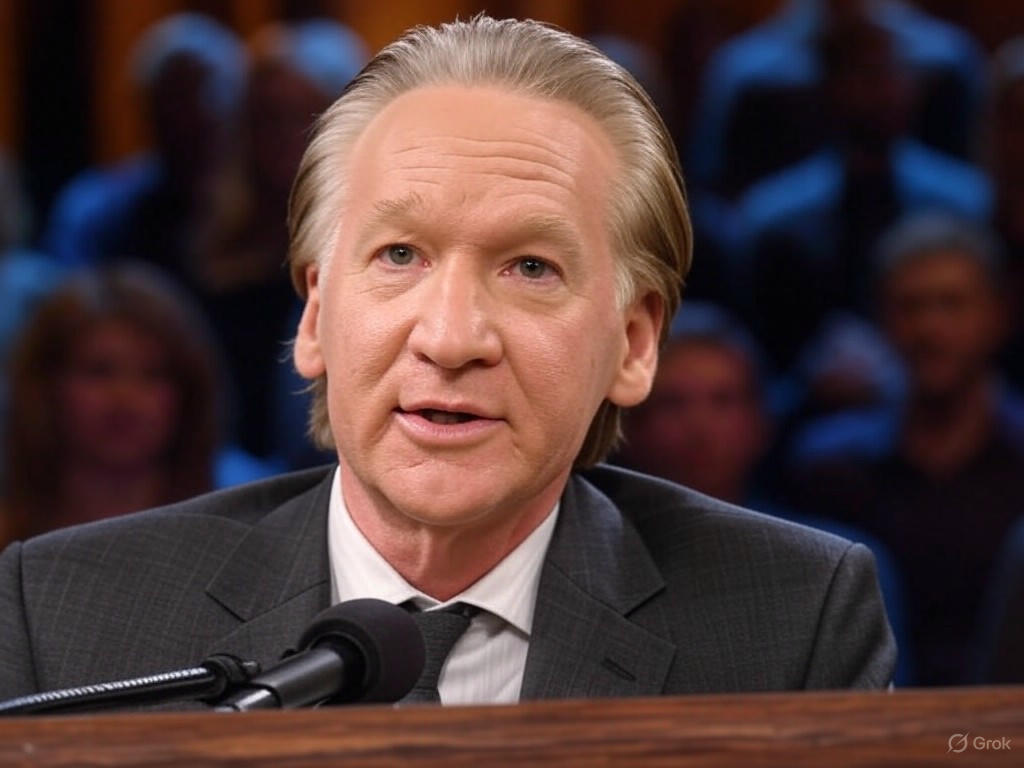Bill Maher’s Bold Call: Can Liberals Reconnect with Joe Rogan and Elon Musk?
In a recent discussion that has sparked widespread debate, comedian and political commentator Bill Maher has thrown out a daring suggestion to the liberal community: it’s time to welcome back influential figures like Joe Rogan and Elon Musk into their circle. Maher, known for his sharp wit and unapologetic takes on cultural divides, believes that these two personalities, who have garnered massive followings among diverse American audiences, hold a key to bridging the growing ideological gap in the country. His remarks come at a time when political polarization seems to dominate every conversation, leaving little room for common ground.
Maher’s argument hinges on the undeniable popularity of Rogan, a podcast host whose show attracts millions of listeners with its raw, unfiltered discussions, and Musk, the tech mogul whose innovative ventures and outspoken opinions have made him a cultural icon. According to Maher, these figures resonate deeply with a significant portion of the population—particularly men—who feel alienated by the progressive rhetoric often associated with liberal circles. Instead of dismissing them as adversaries due to their controversial stances or perceived alignment with conservative ideas, Maher urges liberals to engage with them. He insists that winning over their supporters is not only possible but necessary for any meaningful progress in uniting a fractured nation. By focusing on shared values rather than differences, he argues, a dialogue can be reopened.
The suggestion, however, is not without its challenges. Both Rogan and Musk have faced criticism from the left for their views on topics ranging from free speech to public health policies. Rogan’s podcast has been accused of spreading misinformation, while Musk’s social media activity often stirs controversy with its provocative tone. For many liberals, the idea of embracing these figures might feel like a compromise of core principles. Yet, Maher counters this hesitation with a pragmatic outlook. He believes that shunning influential voices only deepens the divide, pushing their audiences further away. Instead, he advocates for a strategy of inclusion—inviting tough conversations rather than canceling them. If liberals can find a way to connect on issues like personal freedom or innovation, which both Rogan and Musk champion, there might be a path forward.
As the 2024 election cycle looms on the horizon, Maher’s comments serve as a reminder of the stakes at play. Political victories, he suggests, are not won by preaching to the choir but by reaching out to those on the fence or even on the other side. Whether liberals will heed his advice remains to be seen, but the conversation he has ignited is already gaining traction. Could this be the start of a broader effort to mend the cultural rift in America? Only time will tell, but Maher’s challenge is clear: it’s time to stop alienating and start engaging, even with those who seem worlds apart.


